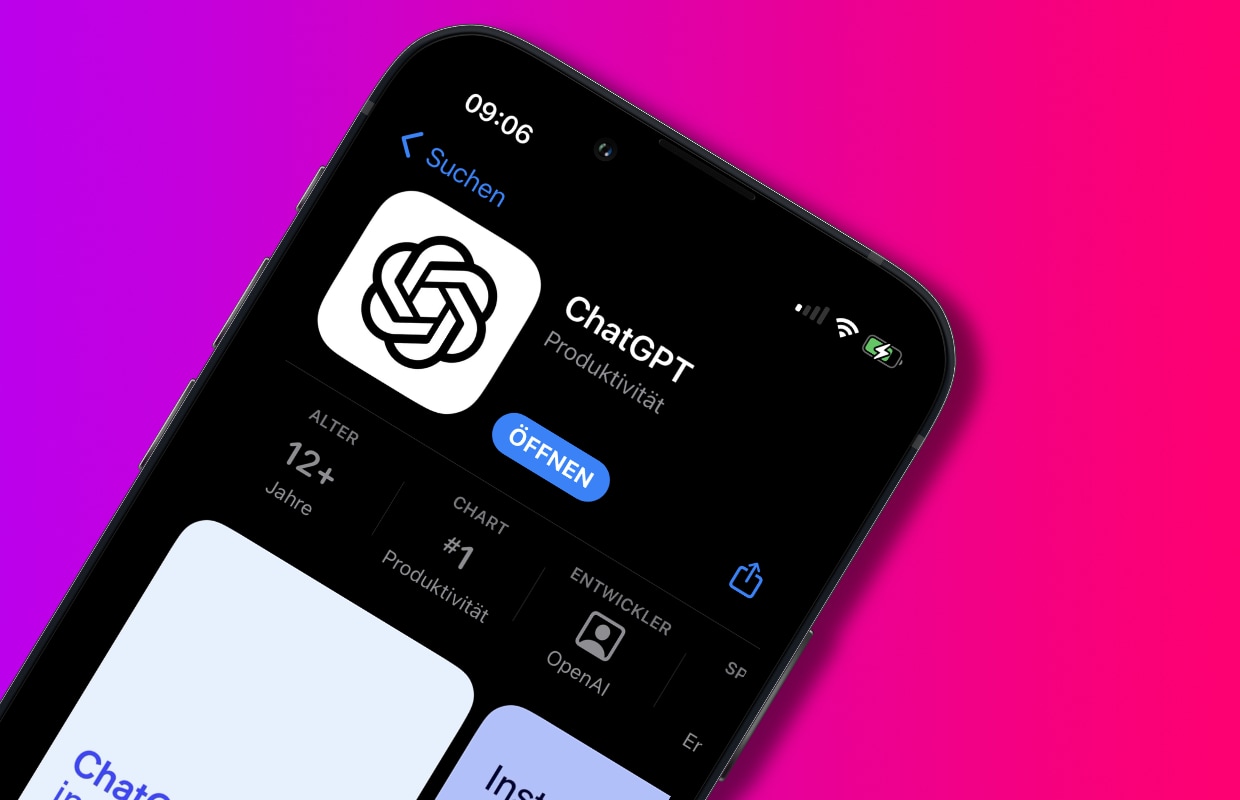OpenAI has unveiled its latest feature, GPTs, which allows users to create and customize their own versions of the popular conversational AI system, ChatGPT. The company announced this new offering, along with several others, at its first developer day in San Francisco. With the introduction of GPTs, OpenAI is taking a more hands-off approach to the AI marketplace, similar to how Apple’s App Store operates. The aim is to provide users with the tools they need to create their own GPTs and publish them on OpenAI’s marketplace, known as the GPT Store. This not only encourages innovation but also offers the potential for users to earn money by monetizing their GPT creations.
Key Takeaway
OpenAI introduces GPTs, enabling users to create and customize their own versions of ChatGPT. The launch of the GPT Store allows developers to publish and monetize their GPT creations, following the successful App Store model. OpenAI aims to empower individuals and companies to innovate with AI while providing a platform for distribution and monetization.
Creating Custom GPTs
Creating a GPT is made accessible to individuals with varying levels of coding experience. OpenAI’s GPTs can be as simple or complex as desired. For instance, users can train a GPT on their own recipe collection to quickly retrieve ingredient lists or on information from a fantasy series to answer questions about characters. In more serious applications, developers or companies can train a GPT on their proprietary code, enabling others to verify coding styles or generate cohesive code.
What sets OpenAI’s GPT creation process apart is the ability to program a GPT using language alone. Users can simply chat with ChatGPT and describe what they want their GPT to do. This accessibility and agency empower users to customize the behavior of their GPTs and make them truly useful.
Introducing the GPT Store
Arguably, the most significant announcement is OpenAI’s GPT Store, a platform that will host and distribute these user-created GPTs. Starting later this month, GPTs will be searchable on the GPT Store and developers will have the opportunity to showcase their creations. OpenAI will also highlight the most useful and delightful GPTs in categories like productivity, education, and entertainment. In the future, developers will be able to earn money based on the usage and popularity of their GPTs.
The GPT Store follows the successful App Store model pioneered by Apple. OpenAI plans to pay developers who create the most used and most useful GPTs a portion of the revenue generated by the store. The company expects the strategy to evolve, initially offering a revenue share and later exploring options such as individual GPT subscriptions, depending on demand.
While the specifics of the GPT Store are still being ironed out, OpenAI aims to ensure that only verified builders can showcase their GPTs on the platform, preventing low-quality or scammy content. Examples of GPTs built by Code.org, TripAdvisor, and Canva were demonstrated at the event, indicating that initially, the store may feature more official apps rather than individuals’ GPT experiments.
Challenges and Future Outlook
OpenAI’s move to establish itself as an independent platform, separate from existing app stores, may lead to potential conflicts with industry giants like Apple and Microsoft. Apple may take issue with GPT models being monetized without their cut via the App Store. Additionally, Microsoft is preparing to launch its Copilot models, specifically designed for tools like Office, which could directly compete with GPTs on an enterprise level.
Though Microsoft CEO Satya Nadella expressed enthusiasm about the partnership, it is evident that OpenAI is taking the lead, potentially straining the relationship between the two companies in the future. It will be interesting to see how these dynamics unfold in the coming years.

























